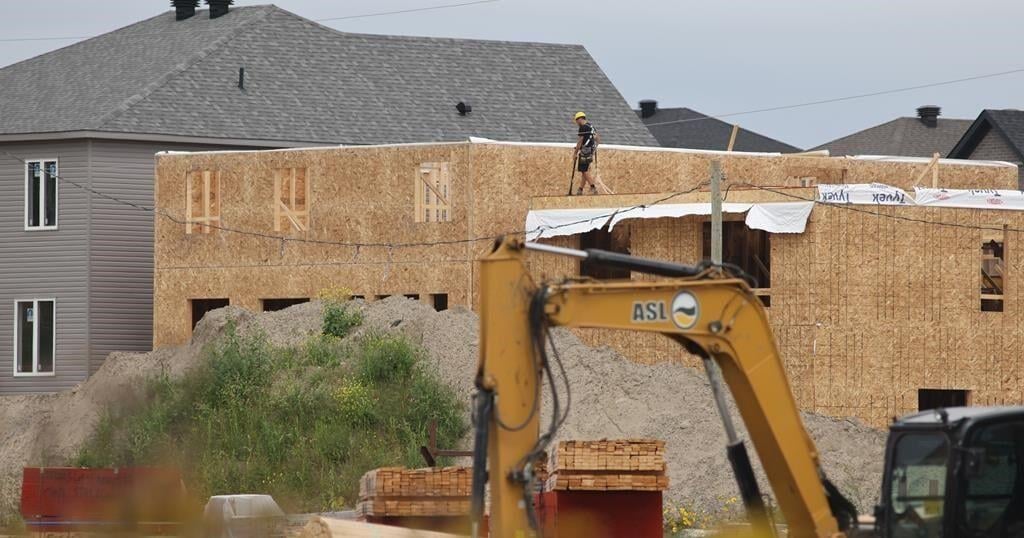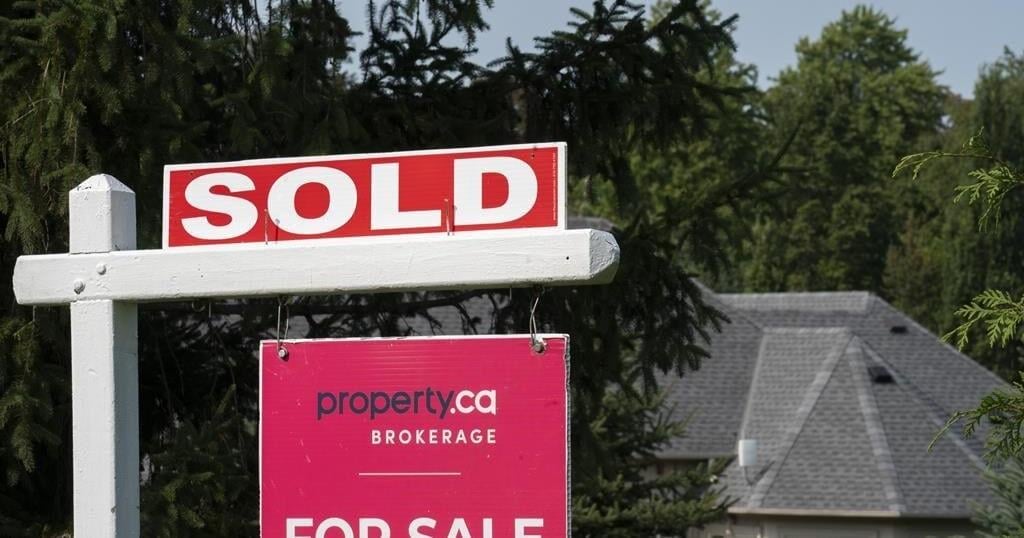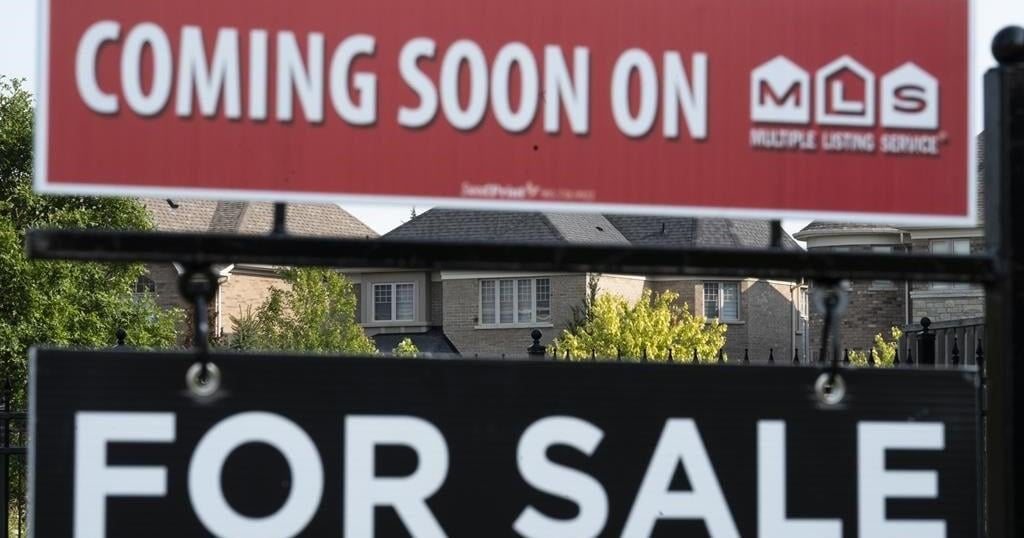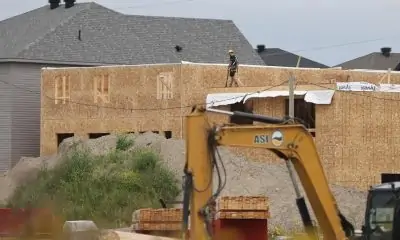The Canada Mortgage and Housing Corp. says construction of new homes in Canada’s six largest cities rose four per cent year-over-year during the first half of 2024, but housing starts were still not enough to meet growing demand.
The agency says growth in housing starts was driven by significant gains in Calgary, Edmonton and Montreal.
A total of 68,639 units began construction, the second strongest figure since 1990, however the rate of housing starts per capita meant activity was around the historical average and not enough “to reduce the existing supply gap and improve affordability for Canadians.”
The report says new home construction trends varied significantly across the markets studied, as Toronto, Vancouver and Ottawa saw declines ranging from 10 to 20 per cent from the same period last year.
Apartment starts in the six regions increased slightly, driven by construction of new units for rent, as nearly half of the apartments started in the first half of 2024 were purpose-built rentals.
But condominium apartment starts fell in the first six months of the year in most cities, a trend which the agency predicts will continue amid soft demand as developers struggle to reach minimum pre-construction sales required.
This report by The Canadian Press was first published Sept. 26, 2024.
























